SUMMARY
This is AI generated summarization, which may have errors. For context, always refer to the full article.
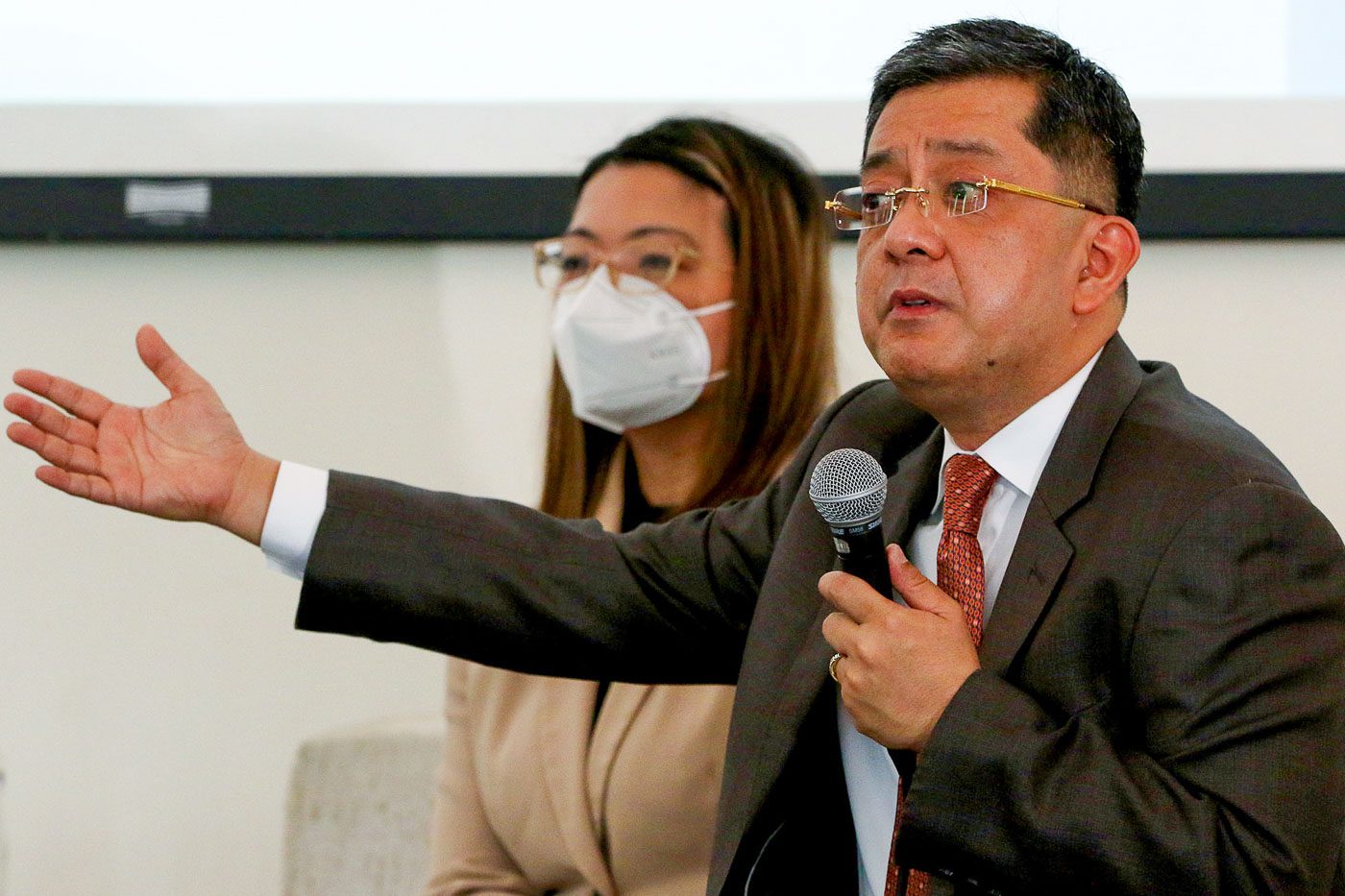
MANILA, Philippines – The Commission on Elections (Comelec) on Tuesday, October 18, pushed for a law allowing senior citizens, persons with disabilities (PWDs), and pregnant women to vote ahead of election day.
In a public forum organized by the coalition Participate, Comelec Chairman George Garcia said part of his reform agenda is for vulnerable sectors to be allowed to vote one week earlier. This would be similar to the local absentee voting offered to the police, the military, and the media – sectors expected to work during elections.
Garcia discussed these plans after a senior citizen voter in the forum shared his experience regarding the difficulty of voting. After refusing to sign a waiver for poll workers to feed their ballots for them, the senior citizen and his wife had to climb to the second floor to personally put in their votes.
“We should demand that the elderly, the PWDs, and pregnant women should vote early,” Garcia said in response. “But there should be a law to allow the Comelec to do that.”
The House of Representatives in 2021 passed on final reading a proposal allowing early voting for vulnerable sectors. The bill, however, failed to clear the Senate in time for the 2022 elections. Garcia hopes that with the support of civil society, this plan would gain enough traction to be enacted into law.
Dr. Arvin Serrano from the Parish Pastoral Council for Responsible Voting agreed it is important to improve voting accessibility for all groups. “Malaking malaki ‘yung difference noon kasi ayaw na ayaw ng mga senior citizens at PWDs na hindi sila nakakaboto for local candidates,” he said. (There’s a big difference there because senior citizens and PWDs dislike it when they’re unable to vote for their local candidates.)
He also urged vulnerable groups – including pregnant women and indigenous people – to use the established emergency accessible polling places, which should be located on the ground floor of polling precincts.
Online voting ‘the solution’ for OFWs
In Tuesday’s forum, Garcia also mentioned that the Comelec is exploring an online voting system for overseas Filipinos, given this year’s low voter turnout of around 39% in this sector. This figure was already a marked improvement from 2019’s 18.47% and 2013’s low 16.11% turnout.
He mentioned that overseas Filipino workers struggled with accessing polling places: being far from their embassies and consulates, or being unable to obtain leaves from their work.
“Siguro nga dahil ang mga Pilipino kasi number one sa internet usage, baka internet voting na ang solusyon (Maybe because Filipinos are number one when it comes to internet usage, internet voting may be the solution),” Garcia said. “But we have to be very, very, very sure that the system will be highly protected and cannot be tampered with.”
In 2016, the Comelec’s website was hacked a month before elections, raising alarm bells about data security within the poll body. This year, the Comelec chairman said they sustained around 35,000 hacking attempts, although their system remained uncompromised. – Rappler.com
Add a comment
How does this make you feel?



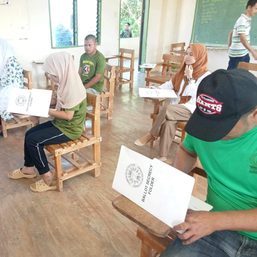


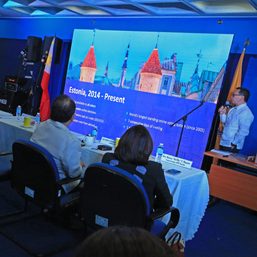
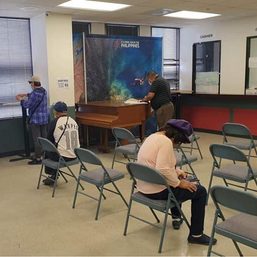
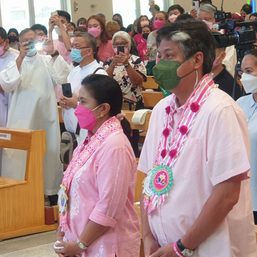
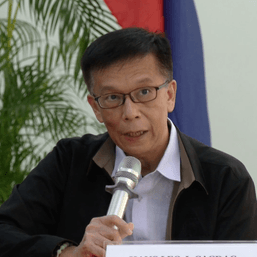


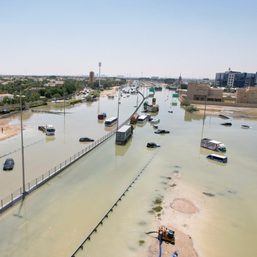
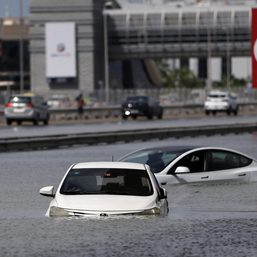
![[OPINYON] Puting buhok at ang mapaminsalang ageism](https://www.rappler.com/tachyon/2024/03/IMHO-Ageism-March-11-2024.jpg?resize=257%2C257&crop=468px%2C0px%2C720px%2C720px)
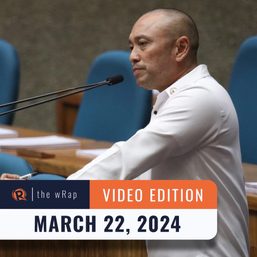
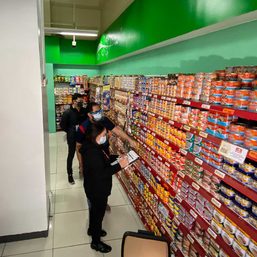
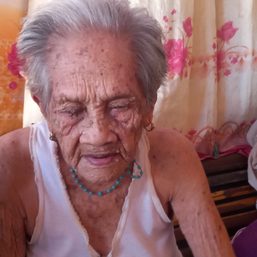

There are no comments yet. Add your comment to start the conversation.